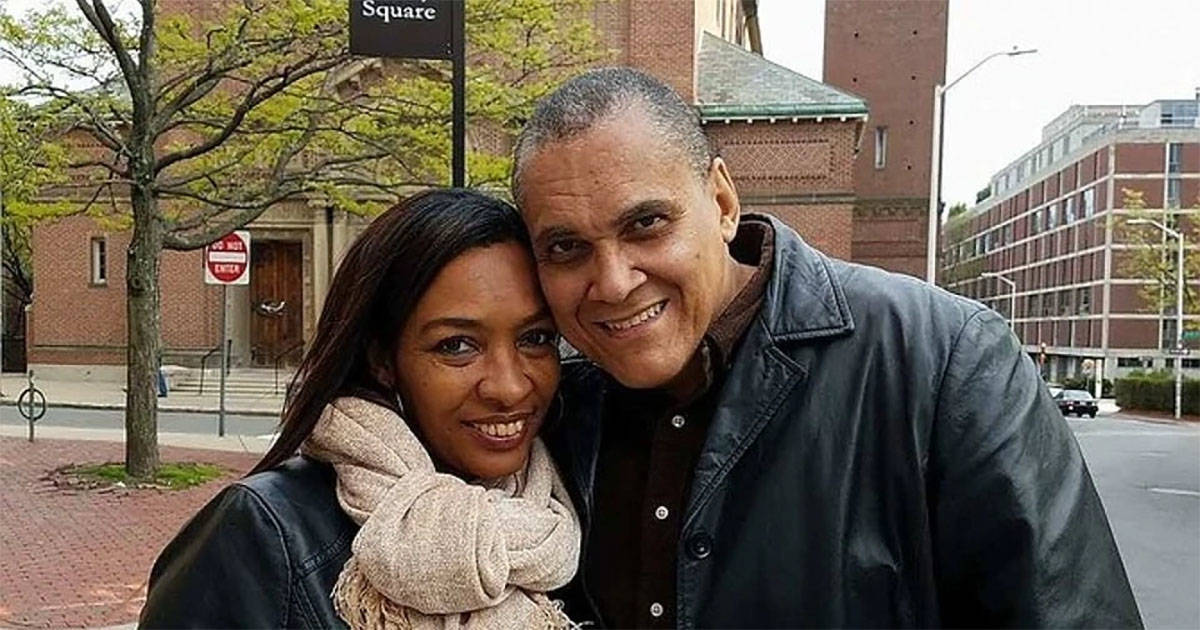Juhl high-rise to host to Cuban writer Jorge Olivera Castillo

Jorge Olivera Castillo, a Cuban poet, fiction writer and journalist, takes up a five-month residency in downtown Las Vegas this month.
His arrival is emblematic of the city’s longstanding commitment to freedom of expression for artists and writers and is made possible by a collaboration between Juhl — the iconic downtown condo tower that spans an entire city block — and the City of Asylum program, a project of the Beverly Rogers, Carol C. Harter Black Mountain Institute.
Olivera Castillo comes to Las Vegas directly from Harvard University’s Scholar’s at Risk program, where he spent the past six months. Facing intensifying persecution in his daily life in Havana, he and his wife, human rights defender Nancy Alfaya, decided to leave Cuba. Before leaving, during the last week of January 2020, Cuban authorities arrested and fined Olivera Castillo and Alfaya for the 17th time in six months.
Uri Vaknin, who serves as chair of the board of trustees for The Neon Museum and is a partner with KRE Capital, which owns a portfolio of condominiums in Las Vegas, including Juhl, is a supporter of art and culture because of its foundational role in community building.
“I am thrilled to partner with Black Mountain Institute and the City of Asylum to provide creative live/work space at Juhl for Olivera Castillo and Alfaya,” Vaknin said. “As an arts enclave, downtown Las Vegas and Juhl … are perfectly situated to house the creative class. We are honored and thrilled to welcome such esteemed and progressive thought leaders as Jorge Olivera Castillo and Nancy Alfaya to Juhl.”
Castillo was arrested in the 2003 government crackdown known as the “Black Spring,” when 75 people — including human rights defenders, trade union activists, opposition party members, journalists, writers and librarians — were arrested and detained. He was imprisoned in Guantanamo and held in solitary confinement from March 2003 to December 2004 and was only released from his 18-year sentence on health grounds.
“I knew I was putting my head into the wolf’s mouth. … But I couldn’t live a double life anymore. I was sick of the abyss between the official truth and the reality,” Castillo told the Harvard Crimson of his transformation into a dissident writer.
His writing has been translated into multiple languages including English, Italian, French, Polish and Czech. His journalistic work has been published in newspapers in Sweden, Argentina, the U.S. and the Czech Republic. Translations of Olivera’s poetry appeared in a special anniversary edition of Index on Censorship, “Beyond Bars: 50 Years of the Writers in Prison Committee,” in 2010, and he was a contributor to PEN International’s anthology “Write Against Impunity” in 2012.
Black Mountain Institute is home to the first City of Asylum for writers in the United States. This program, which has been partially supported by Amazon Literary Partnership for the past four years, offers refuge, community, and re-establishment for writers who have fled their home countries because they were in peril or because their creative voices were silenced in those countries.
Writers in such circumstances have been coming to UNLV since 2000, when Nobel Laureate author Wole Soyinka announced that Las Vegas had been named a City of Asylum for persecuted writers.
The program relies on the support of the Rogers Foundation, which also provides housing for Ahmed Naji, a celebrated writer in exile from Egypt, who has lived and worked in Las Vegas since 2019.
“BMI’s City of Asylum not only offers a safe haven to writers in peril but fosters an environment in which creativity flourishes. In return for the time, space and support provided, these authors, poets and journalists enlighten us, educate us and bring meaning to the phrase ‘one world,’ ” said Beverly Rogers, chairman of the board for Black Mountain Institute.